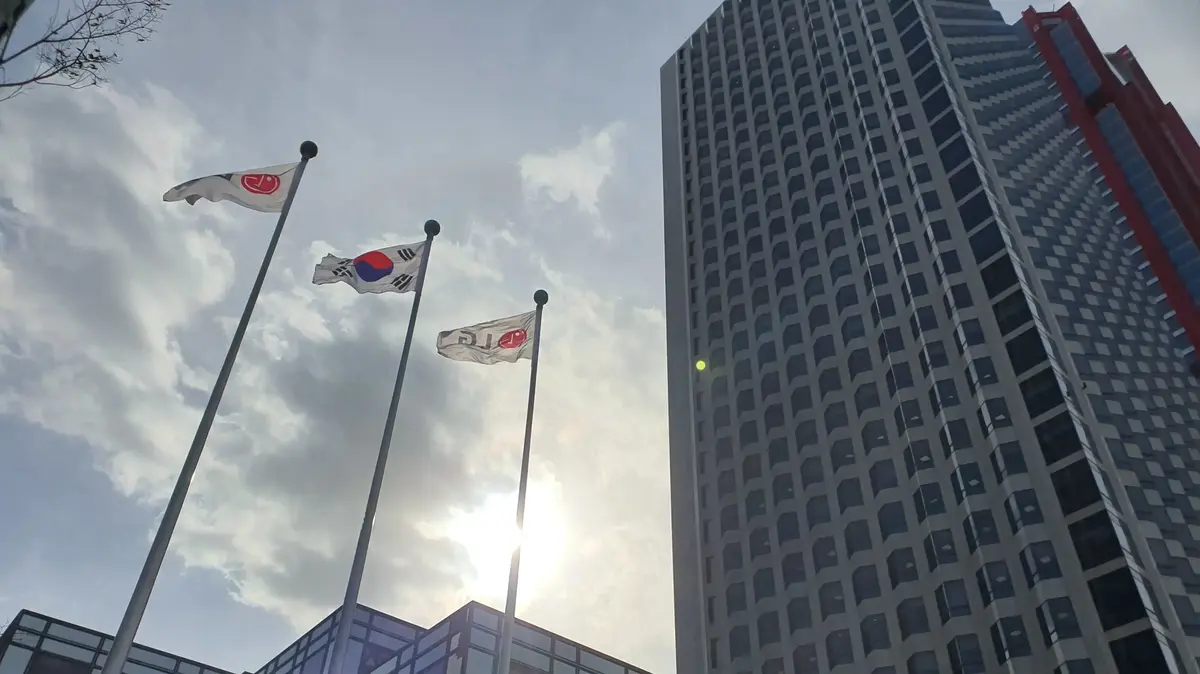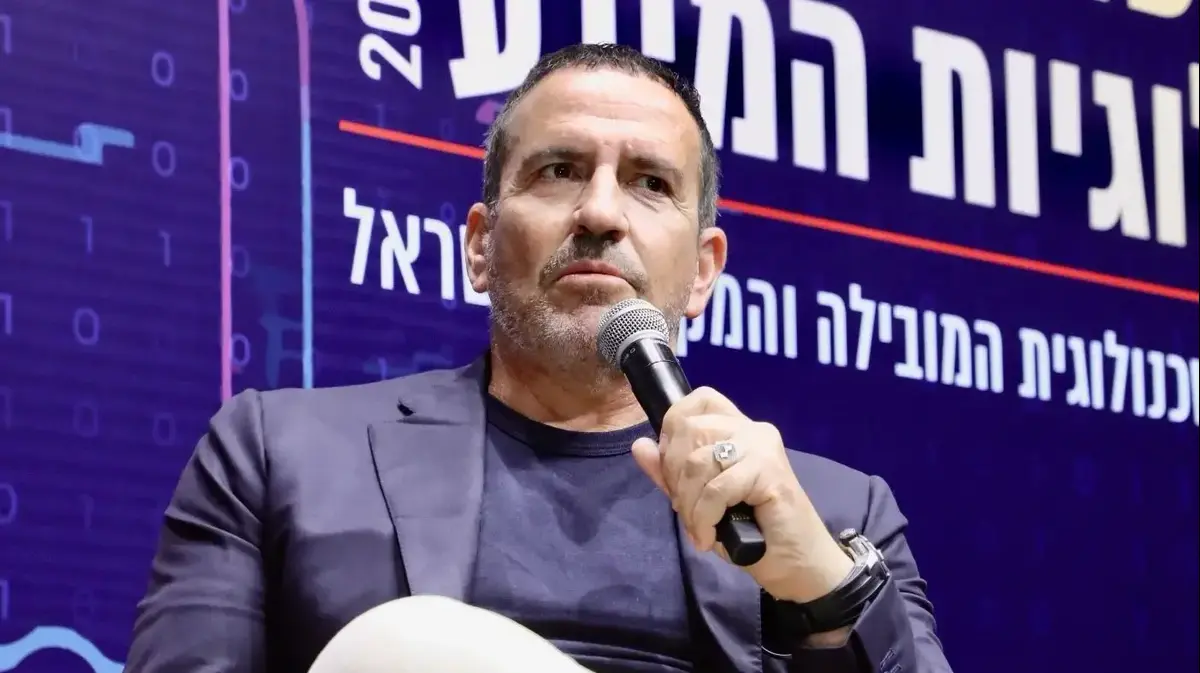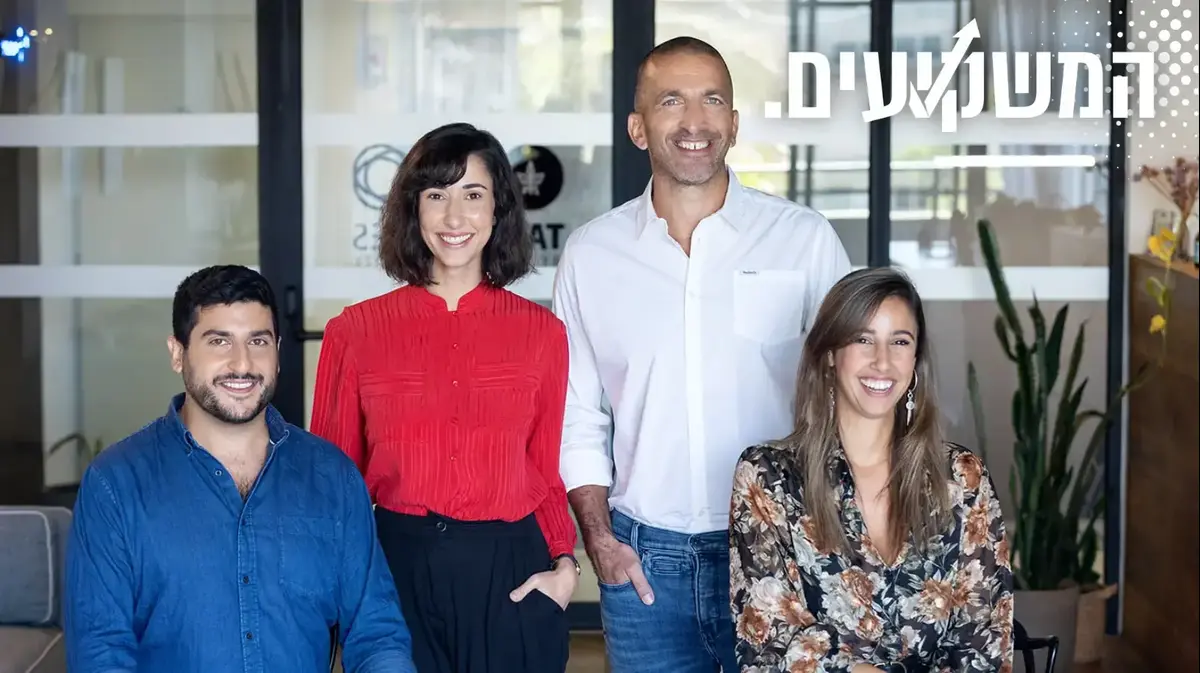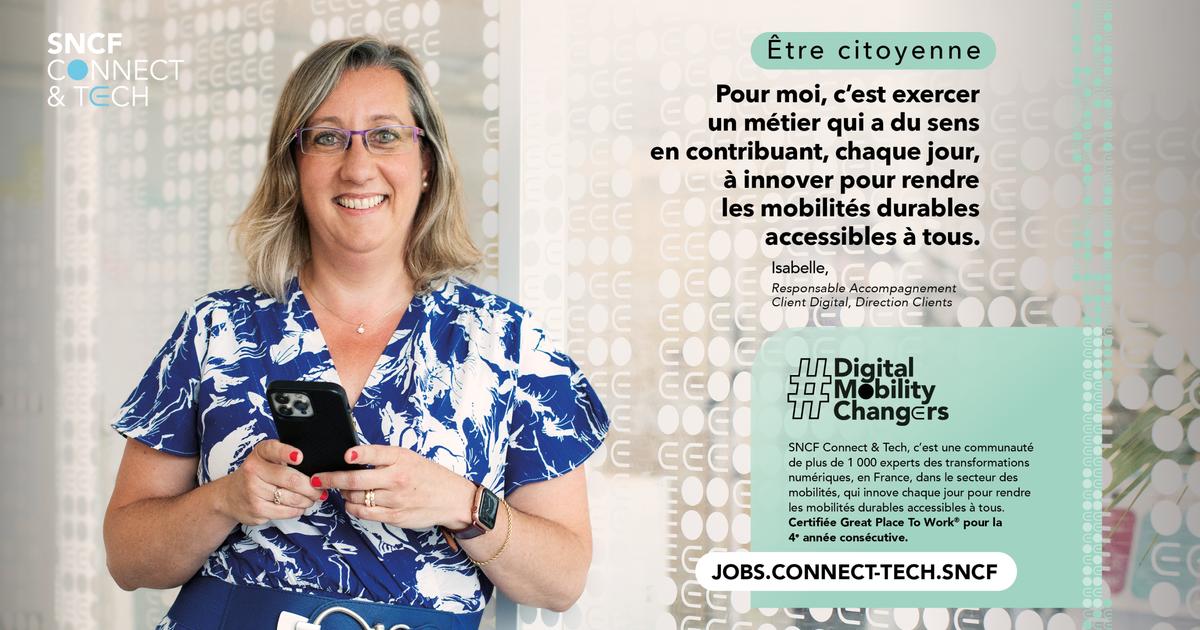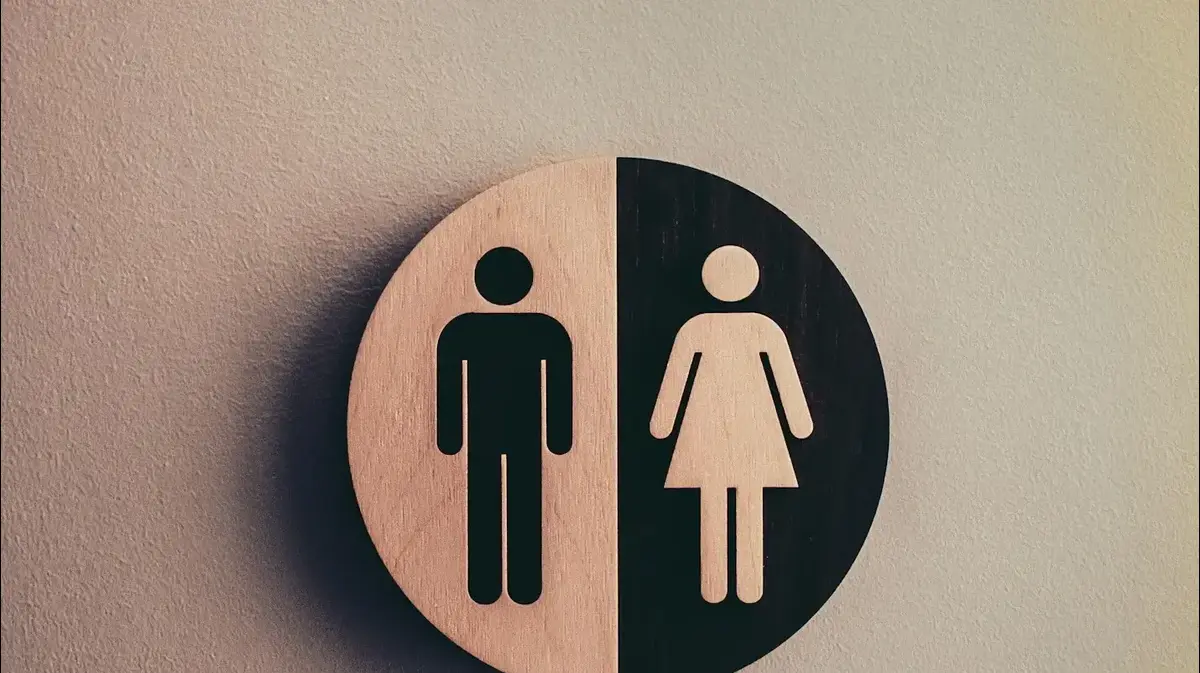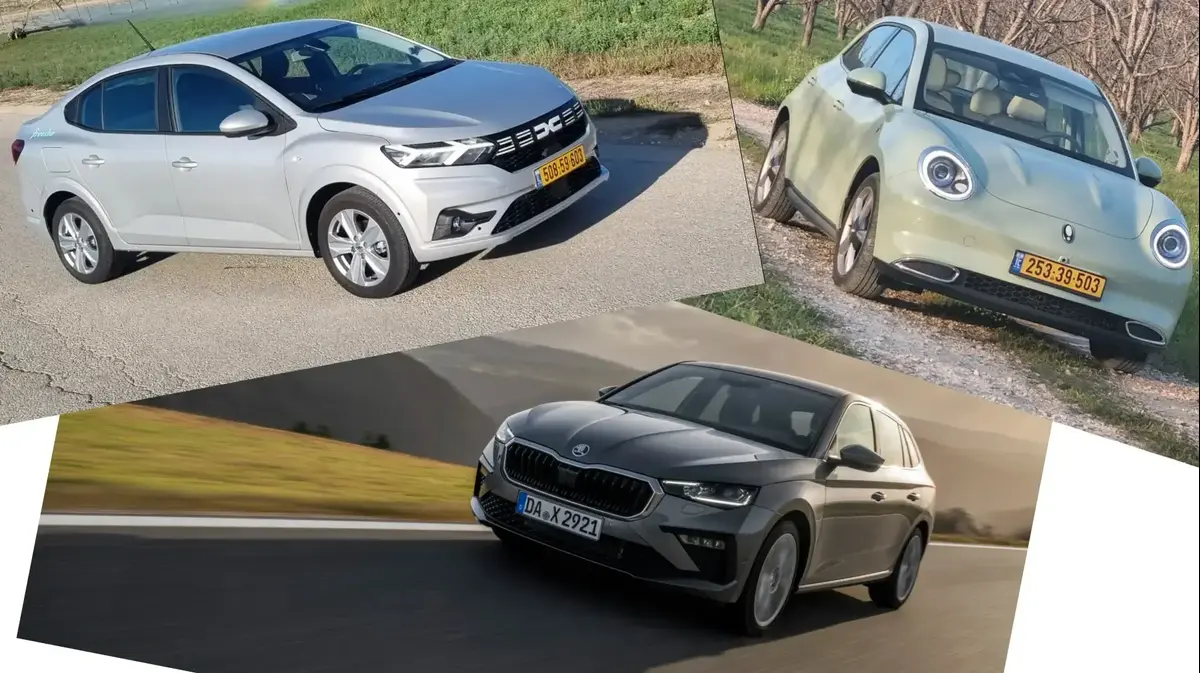Red with envy: Japan's incredible projection
Looking to the future
Photo: Walla system! NEWS, Lego Fellow, South Korea
- TECH
- news
TVs, smartphones, washing machines, refrigerators, soaps, hand creams, carpets, sofas and even chemicals: The giant corporation from Korea has more interests than you can count. Visiting LG offices and factories in her hometown, the company revealed the difficulties, competition and planning to take over more areas
Lego Fellow, South Korea
03/12/2019With some of the largest manufacturers in its territory, South Korea has become the head of international technology in recent years. She was one of the first to adopt fifth generation technology, and is currently leading the way into the robot world. From the moment you land at the airport, you can see how much technological progress in this country is several times greater than in Israel. After the passport review post, you can turn to any of the deployed positions to pick up your own navigating robot to guide you wherever you want. Even the small markets, which, a decade ago, may have looked authentic, soon became Western, touristy and full of screens and lights. Already accustomed to fourth generation Internet speeds in Israel? Korea is already working on the fifth-generation graduation stages. Sometimes it is still hard to believe that overseas countries are so much more advanced than our nation's startup, in some areas.
The technology world is changing at a rapid pace in recent years. Chinese companies have stepped up the price drop and are slowly taking over the market share so far reserved for the big companies. If we looked at the situation in Israel about a decade ago, we could see that Samsung and LG are leading the table alongside Apple, but that table today looks completely different. LG has almost disappeared, with a declining market share from year to year, while Samsung, Apple and now Wooomi Highs continue to surge.
The cellular trend - that is, a cheap but still attractive product - is also evident in the world of TVs and white products such as washing machines and refrigerators, but the big companies are not left behind. Consumers are looking for another feature, elusive yet critical - technological innovation. The current expectation from our devices is to do things that have not been on their play menu before. Almost every device today finds a way to interface with our smartphone, and basically allow us to do things we never knew we wanted. Accordingly, Korean society aims to lead the approaching revolution. Her cellular activities, including the G4's glitches, have made her a little overdue, but that doesn't mean she has no plans to take over other areas.
LG factories in Chengwon, South Korea (Photo: Amit Lego)
LG factories in Chengwon, South Korea (Photo: Amit Lego, South Korea, Walla system! NEWS)
More areas you can count
Al Ji, at least in Israel, is best known as a smartphone and TV manufacturer, with the white goods sector wading behind it. The Israelis, however, still retain a place of honor (and sales) as an international brand, one that was particularly dominant in these areas at the beginning of the decade. When I walked into the office towers in Seoul, I only really knew about a very limited number of niches in the global corporation. The technology division is just one of 67 other companies under the "LG Corp" concern. At one of the dinners, the company’s global speaker, Kenneth Hong, examined us with trivia facts about the company. Most of them answered with a guess, when one was "What's the first product we've ever manufactured?". The big answer for most of you won't be able to guess, and it's no different than hand cream.
Needless to say, most of these divisions operate in Korea, and therefore, it is inevitable that most Israelis have not even heard of them. The Household and Healthcare division in general manufactures hygiene products such as soaps. Another company, also bearing the corporate name, generally produces carpets and home furniture. Again, especially in Korea. And while the electronics sector certainly constitutes the "front," it is equivalent to only 55% of its revenue, and includes only 16 sub-companies out of the 68. A quarter of the revenues generally belong to 24 companies dealing in chemicals, with the remaining 20 percent being reserved for telecom companies, 28 in number. Only a quarter of those 68 companies operate outside of Korea and most of them operate alone, so collaborating with them is a rare sight.
We're crossing fingers for you
For more magazine articlesThe company also operates naturally in the area of mobile networks in Korea, and is considered one of its leaders. The LG U + is the equivalent of our "Partner" or "Pelephone", and as one would expect from a tech company in a country where countless resources are being invested in infrastructure development, it has the world's fifth-largest deployment. Competition with companies like SK Telecom simultaneously ensures dizzying internet speeds.
A complex history
In 1962, four years after it was founded, the Korean manufacturer entered the world of televisions with the first screen production. When it began to market its washing machines in the United States, the local Whirlpool company rose and tried to impose a ban on importing such products from overseas, claiming that the companies did not provide jobs to US citizens. The Korean response was the opening of a Tennessee plant and establishing itself in the market as a technology powerhouse (which also provides jobs to locals). The company currently owns more than 30 factories outside Korea.
Going forward, the company was also the first to reveal to the world OLED technology and the first 4K screen was named after it. The start was rough and loss-making - only 15% of the manufactured panels finally reached the customers' homes - but the numbers were improved and today the company has stabilized to more than 80% success.
However, Korean society also has a bad history, and is certainly aware of that. In a conversation I had with Kenneth Hong, the company's global spokesperson, he shared with me the difficult losses she has experienced in recent years. Remember, the G2 was one of the most prominent and leading smartphones in the market, one that gave a decent battle to the competition at the time. The arrival of the G4 and the failure that swelled into a global void, however, led the company's mobile crash. Hong acknowledged that the company continues to try to provide a successful mobile experience, and occasionally tries to reinvent the wheel "in the hope of not finishing like Nokia", as defined, but the prevalent explanation in the corridors is that the near future will continue to bring losses.
The spokesman added that the field of screens has also experienced difficulties recently, but it is important for her to be the best in the market and not necessarily the cheapest. The steady investment in the OLED sector, in addition to the tens of thousands of employees and dozens of global locations, will try to secure a good place in the global consciousness as a market leader in the field.
LG wallpaper screen - almost as thin as a multi-line card (Photo: Amit Lego)
LG OLED wallpaper screen (Photo: Lego colleague, South Korea, Walla system! NEWS)
Looking to the future
Al Ji focuses, among other things, on the robot world with the different versions of "Chloe", which we first met at the CES technology show earlier this year. These robots are currently only being sold to businesses because of their high price, but the smaller robot can be purchased (or rented) right now, though it is only available in South Korea. The big bots are already working and available at airports and malls, and my private Chloe has actually helped me out at the airport. "The company is trying to move as slowly as possible in these areas because of the privacy issue that has been making headlines a lot lately," Hong explained. "We want to give the user the option of not gathering information. We are very aware of the implications of the technology we are trying to develop, especially in the field of artificial intelligence that is studying the customer. And, yes, we are not operating fast. Not at the moment. "
The company emphasized that it does not share its information with anyone else, but it must comply with the regulations of each government separately, even when it comes to China and Russia. "Al Ji leaves the market open for user convenience and tries to work with more companies like Google and Amazon to best integrate the user experience with the products," he added.
The manufacturer recently launched the Signature series which includes its flagship products. Objective: A smart home that is all made up of the company's appliances and technological innovations. The new refrigerator is a great example of this. The relatively popular InstaView refrigerator in Israel enjoys better glass, design improvements and more - double-tap the door to see inside, or move the foot near the bottom of the refrigerator to open it (the company reports that it saves up to 41% of the time the refrigerator door opens) . More on the menu: 25% less noise and 32% less electricity, network connection and app control.
The company has also introduced us to its new washing machine, which will arrive in Israel during the summer months of next year. The manufacturer has significantly changed the technology and design behind the product, offering different programs depending on the type of laundry, which it automatically detects through a repository of 20,000 different types of laundry. This feature is called AIDD, with the AI letters of course signifying artificial intelligence. The machine checks the weight of the laundry and then the fabric type through electrical resistance, comparing the results to the reservoir. The result: better clothing protection, laundry in just 39 minutes, wrinkle prevention and 99% of allergens eliminated. The best feature, however, is increasing the weight of the laundry to 10.5 pounds without the machine itself increasing. Needless to say, the washing machine is also capable of connecting to the network, and even works with Google and Amazon voice assistants, so you can ask them things like "When is my laundry supposed to be ready?".
LG Signature Washing Machines and Refrigerators (Photo: Amit Lego)
LG Signature Washing and Refrigerators (Photo: Lego Amit, South Korea, Walla System! NEWS)
Al Ji is by far one of the biggest companies I've ever seen in action. In South Korea, she is concerned, besides the field of technology, also the field of chemicals and even sports teams (she owns a baseball and basketball team). Whether these companies will find themselves sometime outside of the Korean Republic is a question that is currently unanswered, but the company is confident that it will be the smart home that will jump the tech field back to the top of the corporate list. And in fact, they think that the entire technology world is advancing. "We don't want to lock our products into a particular ecosystem because the entire technology world is moving in that direction. We want our customers to have the opportunity to enjoy all the worlds." From soaps to TVs, from smart refrigerators to washing machines, the LG effect continues to resonate from Korea all the way to Israel (well, maybe not with the soaps).
The reporter was a guest of LG's company in South Korea

